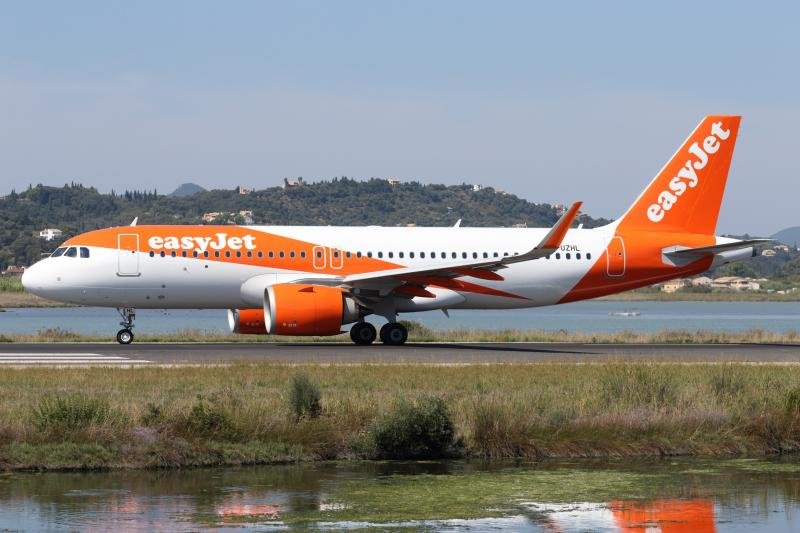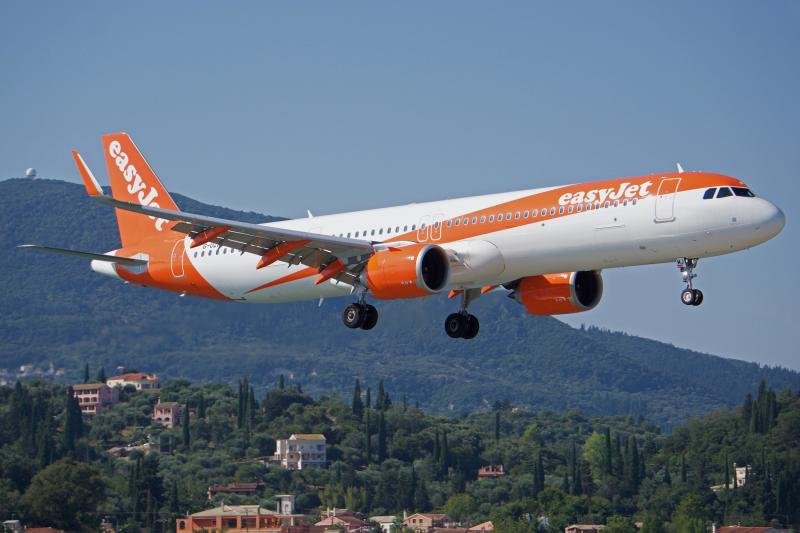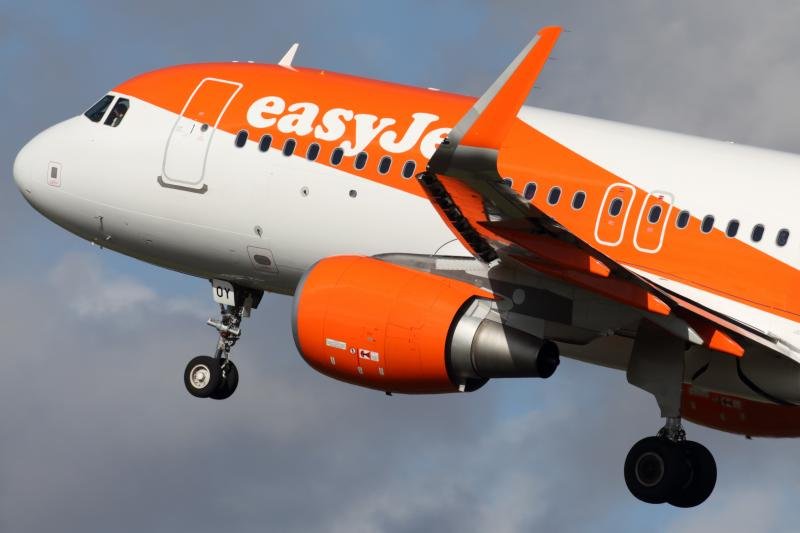The low-cost operator is banking on borders opening up next month in order to increase the number of flights it operates
Luton-based easyJet is expected to dramatically increase its flying programme from late May, in response to the anticipated easing of travel restrictions around Europe.
The low-cost carrier says it expects “most countries to be flying at scale” during next month and that it stands ready to “rapidly increase flying and add destinations to match demand”.

The firm announced this morning that it is predicting a first half-year headline loss before tax of between £690m and £730m, which it says is “better than expectations”.
Since the beginning of the pandemic, easyJet has operated a disciplined flying schedule and has worked its way through a major restructuring and cost reduction programme.
At the end of March, the operator had unrestricted access to £2.9bn of cash having raised more than £5.5bn since the start of the crisis.

Johan Lundgren, easyJet’s CEO, commented: “We continue to closely monitor the situation across Europe… and have the operational flexibility to rapidly increase flying and add destinations to match demand. EasyJet is ready to resume flying, prepared for the ramp-up and looking forward to being able to reunite people with their families or take them on leisure and business flights once again. As a result, we remain well-positioned for the recovery this summer and beyond.”
A point of contention for many carriers in recent weeks is the cost of testing for passengers. Lundgren reiterated his calls for the government to explore ways to drive down the price.

“EasyJet was founded to make travel accessible for all and so we continue to engage with Government to ensure that the cost of the required testing is driven down so that it doesn't risk turning back the clock and make travel too costly for some,” he said.
For the six months ending March 31, the budget airline carried 4.1 million passengers, an 89% reduction compared to the same period in 2019. As a result, group revenues were down 90% to £235m, while passenger revenues dropped 91% to £165m and ancillary by 87% to £70m.
The easyJet we know today is miles away from the airline of the 1990s. Key.Aero spoke to the firm’s first marketing director, Tony Anderson, to find out what it was like working for the operator in the early days. Check out our videos and articles here: https://www.key.aero/tony-anderson

